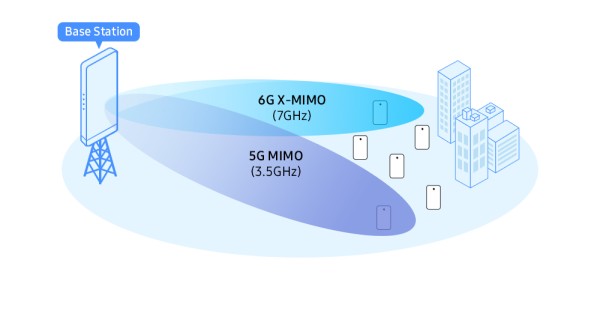Apple’s latest iOS 17 and iPadOS 17 systems have been updated to support private, data-specific cellular networks, employing technologies such as LTE and 5G Non-standalone (NSA) and Standalone (SA).
To connect an Apple device to a private network, a provisioned eSIM or physical SIM card, configured specifically for that network is needed. These networks need to be compatible with the supported Mobile Country Code (MCC) and Mobile Network Code (MNC) that are dedicated to private network utilization.
The latest iOS and iPadOS versions support the ITU-standard MCC 999, designated for private cellular network identification. They also support all MNCs for MCC 999 private networks. For certain countries, the private network identifier assignment is managed by the national authority. Supported identifiers include 262-98 for Germany, 240-60 for Sweden, and 315-010 (Citizens Broadband Radio Service-CBRS) for the United States.
Depending on the country or region, the frequency band compatibility for an iPhone or iPad model connecting to a private 5G or LTE network varies. All iPhone models from 12 to 14, the latest generations of iPad Pro, iPad Air, iPad mini, and iPad are compatible with the MCC 999 and country-specific regulatory PLMNs for both LTE and 5G NSA, and the United States CBRS 315-010 for LTE.
For organizations, private 5G and LTE network settings can be managed using a Mobile Device Management (MDM) solution or a configuration profile containing a Private Cellular Network payload. Features such as 5G SA activation, cellular over Wi-Fi prioritization, and geofence activation can be configured.
Moreover, iOS 17 and iPadOS 17 have introduced a new feature that allows organizations to assign specific network slices to managed apps on their carrier’s 5G Standalone network. The apps’ traffic is then routed to the slice identified by a specific Data Network Name (DNN).
To install eSIMs, you can download them from your infrastructure vendor’s eSIM server using MDM, QR code, or manual entry methods.
For optimal compatibility with the iPhone, infrastructure vendors deploying a private 5G or LTE network should configure certain settings and ensure that they meet the security and privacy requirements. For example, private cellular networks should be data-only, have appropriate network naming methods, adhere to ITU’s E.212 documentation on roaming and multiple network use, and maintain high standards of user data confidentiality and signaling information integrity.



























